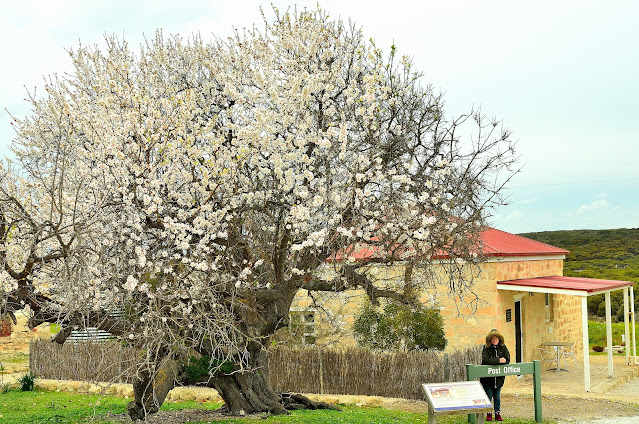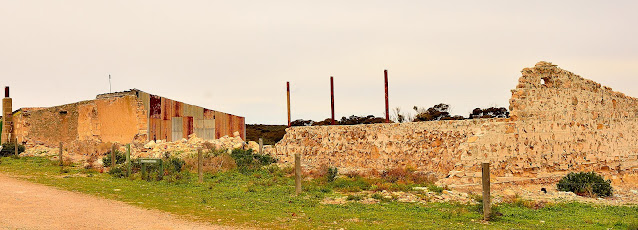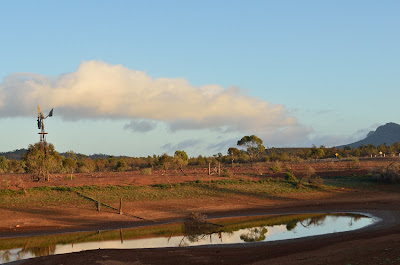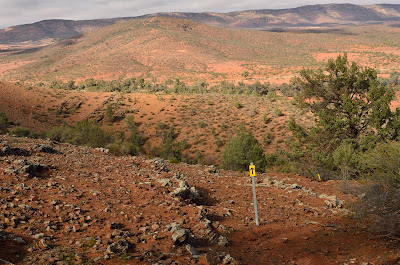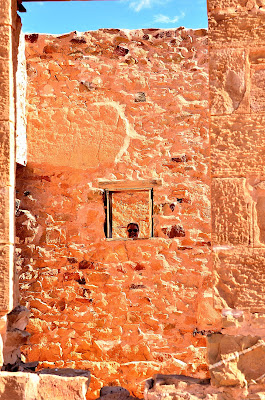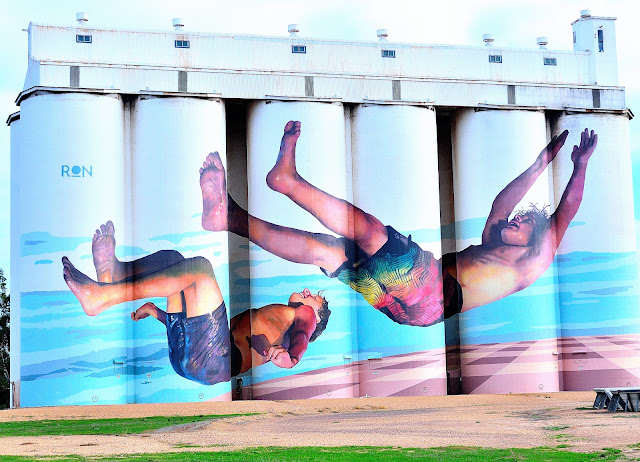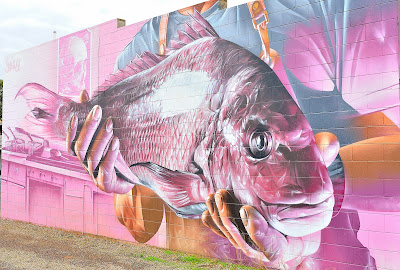INNES NATIONAL PARK & INNESTON SETTLEMENT Blog 3
( Yorke Peninsula South Australia August 2020 )
Nestled amongst the magical coastal environment of Innes National Park at the bottom of Yorke Peninsula is the rustic historical village of Inneston.
Inneston was founded on gypsum, with the gypsum mine established in 1913. The gypsum was transported by Clydesdale Hores drawn rail wagons initially on wooden tracks over the six kilometre journey to Stenhouse Bay where it was loaded and shipped to Melbourne for processing. From 1916 the Gypsum was processed on site increasing the settlements population to 150. The processed Gypsum (plaster) continued to be 'railed' to Stenhousde Bay in 160 lb bags for shipment to Adelaide.
Over the years the wooden rail track was undermined by white ants causing numerous derailments so the timber rails were replaced with steel and the horses replaced by small steam locomotives.
For those who can remember school chalk should connect 'Bellco' as the name of the chalk in schools Australia wide and from 1922 to 1930 this chalk was produced at Inneston. Bellco chalk was a subsidary of the gypsum mine which was a Victorian enterprise owned by Messers Bell, Innes and Stenhouse. The gypsum and chalk operation was dicontinued in the depression of the 1930's with Bellco chalk continuing it's operations from Mayibyrnong in Melbourne. The chalk at Inneston was produced in a shed no bigger than a domestic garage and coloured chalk residue can be seen in the ground around the shed.
The settlement and Innes National Park are well worth a visit and many and varied accommodation options are available including at the settlement in restored houses and the Post Office. Information can be found on the SA Parks website.
Stenhouse Bay Jetty
Scenes of old Inneston
Local inhabitants
Plenty of beauty to behold in your own backyard.




